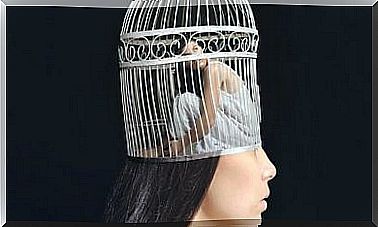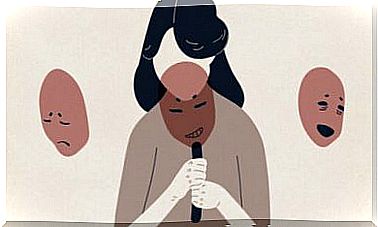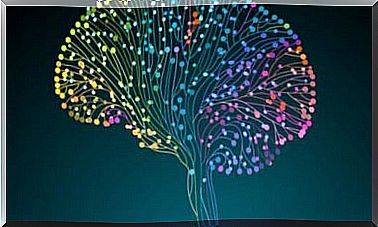Little Sleep Creates False Memories
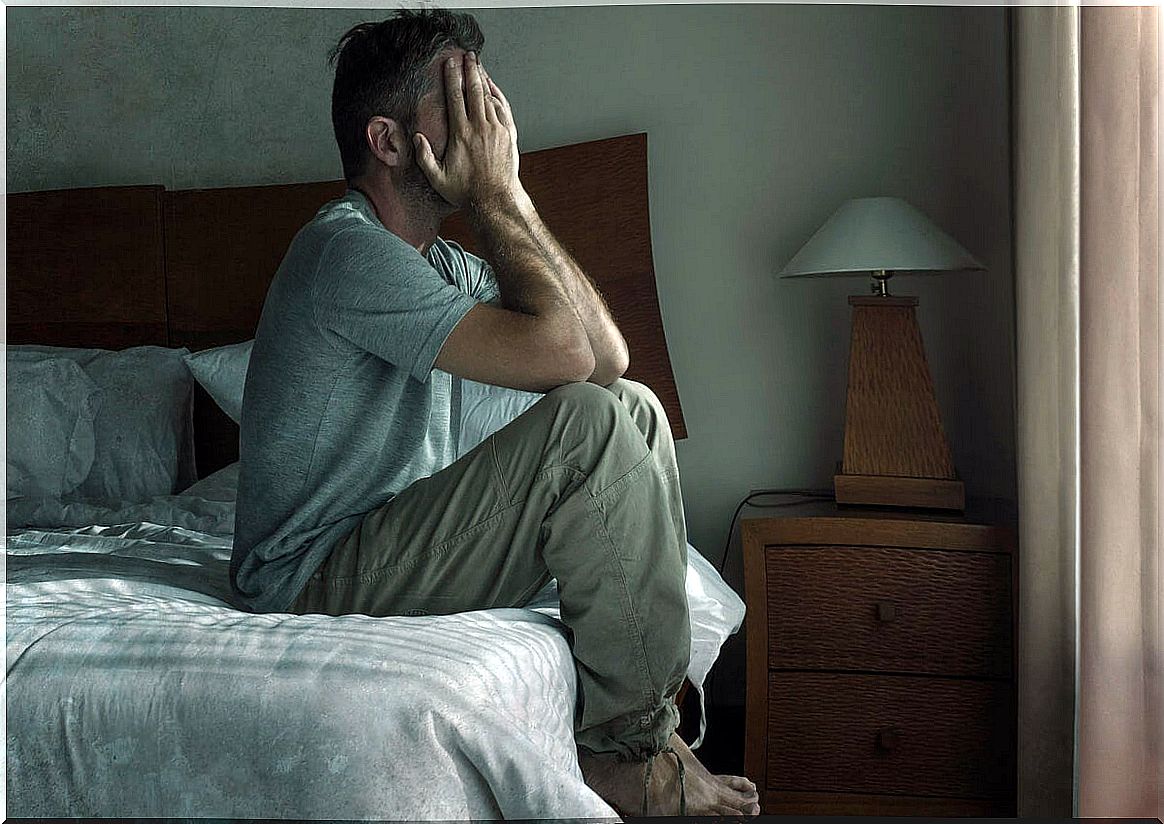
Hasn’t that really happened? Are you telling me that what I have just explained has not happened? … In the event that in recent weeks or months someone finds himself in the same situation — taking things for granted that have never really happened — he should Knowing something very specific: sleeping little creates false memories.
We have all once doubted our own memories. Sometimes we even find ourselves arguing with someone about certain episodes, even wondering if our partner, family and friends are giving us “gas light.” In this sense, the truth is that few realities are more uncomfortable for someone to tell us “ but what are you saying? No, that has never happened.
Are we losing faculties? Given these experiences, the most important thing is to carry out a small survey on our lifestyle habits. Stress, for example, affects memory as does a lack of sleep at night. We need to be fully aware of how sleep stands as one of the best allies for brain health.
Let’s learn more about it.

Beware… sleeping little creates false memories!
When we remember a situation from a recent or distant past event, we do not evoke it like someone taking a photo from a photo album. A memory is not 100% perfect; In most cases, we interpret small details. However, these small interpretations do not alter the meaning and significance of that memory.
Let’s take an example, our car has broken down and we want to take it to that workshop where our brother goes. We know more or less which street he is on because we accompany him once, but we do not remember the name of the street or the number in detail. However, this memory is still functional: it allows us to act in the face of a specific need.
However, someone with insomnia problems will always have difficulties when it comes to retrieving specific data or information. In this case, you may think that this workshop was recommended to you by a co-worker and not by your brother. We are therefore resorting to a false memory.
Why does this happen? What are these mentally draining events due to?
The brain and night rest
Duke University conducted an interesting study in 2016. Keeping in mind that little sleep creates false memories is something we should all know from an early age. An example, something that this work highlighted is that in many countries adolescents sleep less than the 8-10 hours recommended for their age. And this has an impact on their academic performance.
However, this impact is greater as we advance in the different age cohorts. The brain needs us to sleep an average of 7 or 8 hours to be able to carry out data storage, management and purification tasks. If we do not reach the REM phase, many of these functions are not carried out effectively.
In other words, e l Night Dream gives us the perfect neurobiological conditions for consolidation of memories correct short and long term. Getting too little sleep impairs your recovery.
The consequence of this mismatch is obvious: faced with the need to evoke our past experiences, the brain has no choice but to invent them. Your impulse will always be to “fill in the gaps.” Studies from the University of Lübeck, in Germany, even highlight that many people affirm facts with great confidence without suspecting that what they evoke never actually happened …
Naps and the “Matrix Effect”
Since we know that getting too little sleep creates false memories, chances are that more than one of them will say to themselves that “since I do not sleep at night, I will try to take naps in the middle of the afternoon.” It’s not a good idea — not at least as far as the memory factor is concerned. Researchers and experts in sleep hygiene tell us something striking and interesting at the same time.
It is true that sleeping for a short period of time after meals relaxes and promotes alertness. Now, the problem comes when we sleep little during the night and we take naps too long at noon. This is when the so-called Matrix effect appears.
The nap generates sleep patterns that are not very suitable for fixing new memories. The brain works during these states in bursts, and instead of storing data in long-term memory, it transforms it. Create false memories by distorting lived experiences.
While it is true that naps can contribute to physical rest, the truth is that they do not contribute to taking care of our memory or consolidating new memories.
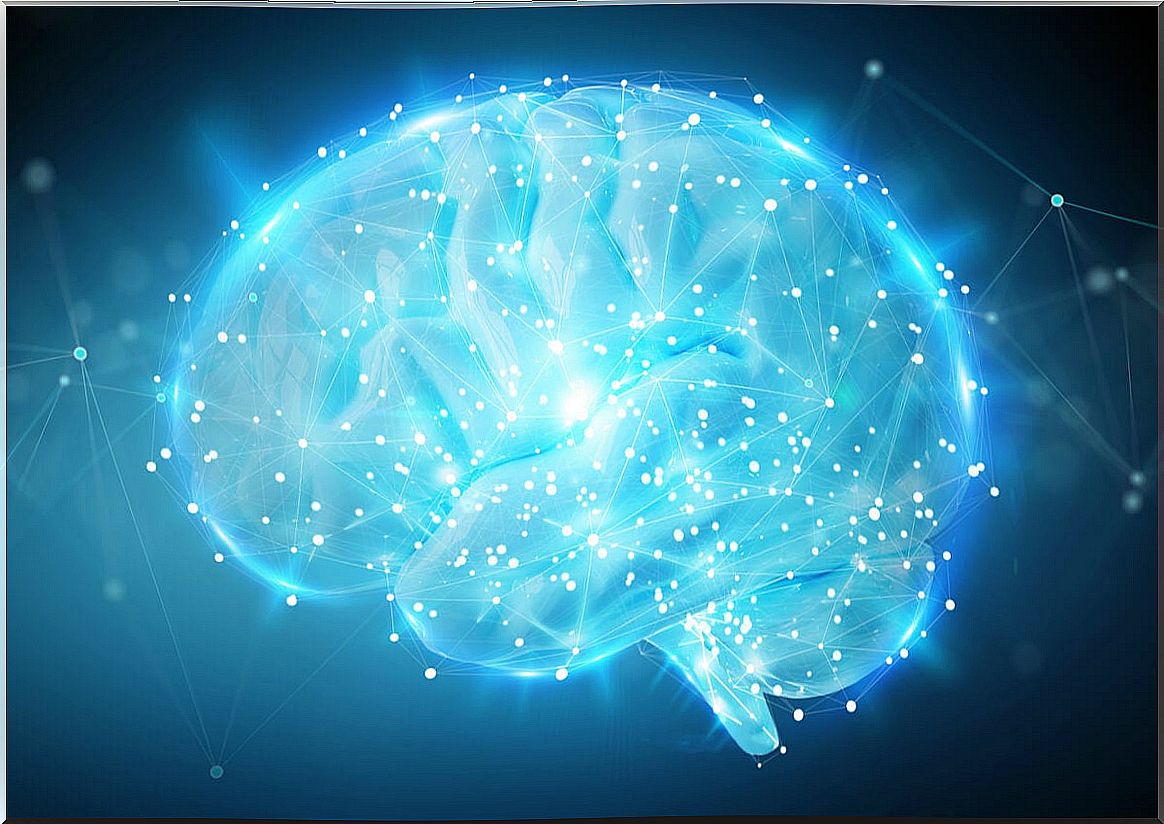
The importance of sleeping at night
Sleep deprivation has long been used as a torture device. The effect it has on the brain is immense. Not only do memory failures occur, but hallucinations can also occur. Therefore, it is essential to take care of a correct hygiene of rest, having a clear simple aspect:
- The brain needs us to sleep at night between 7 and 8 hours in a more or less sustained way. It is not worth sleeping during the day. Nor are frequent awakenings healthy.
In case we have been suffering from insomnia for several weeks, do not hesitate to ask for expert help. Our physical and psychological health depend on a correct night’s rest.



